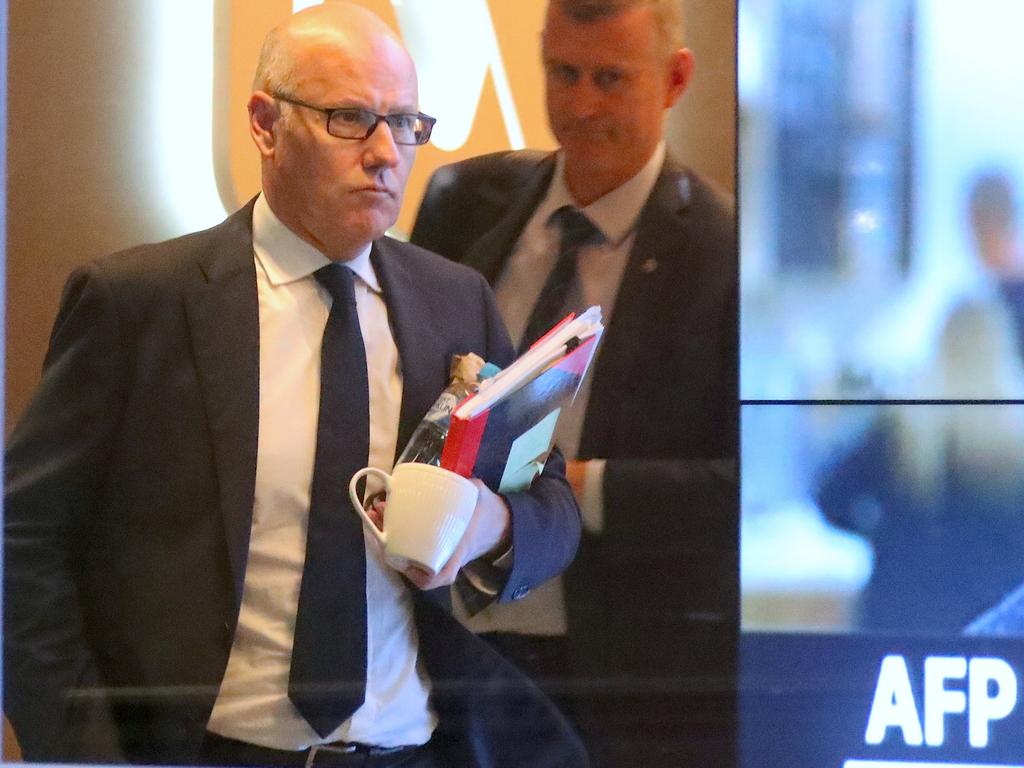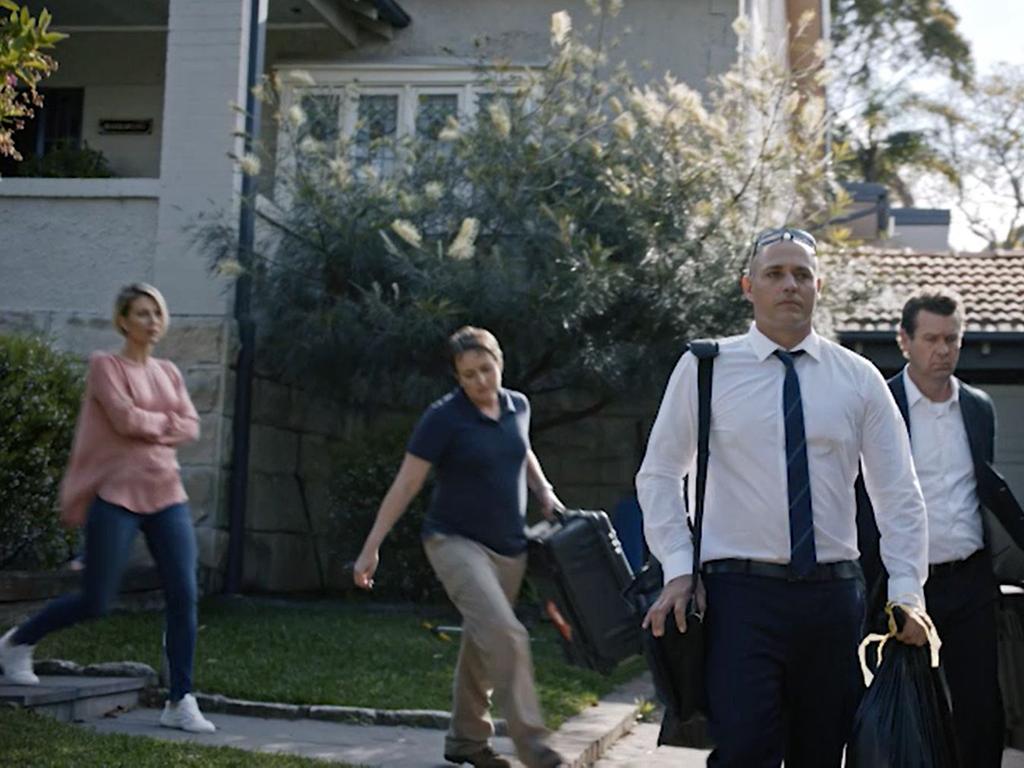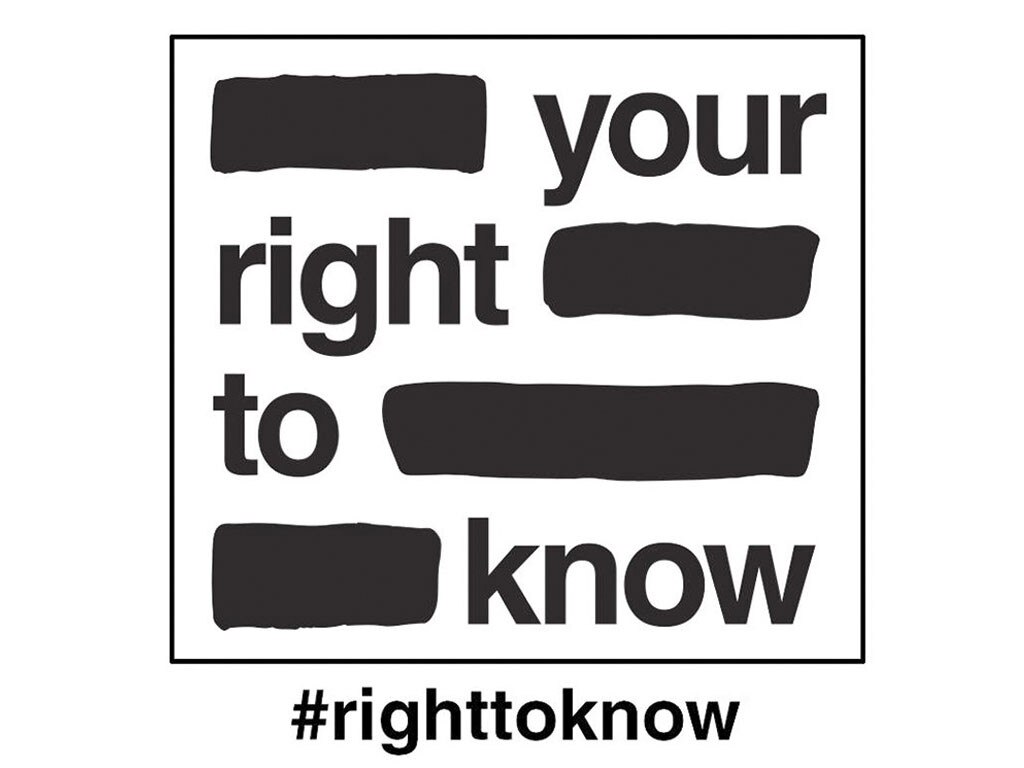Ruling over AFP raids on ABC exposes problem with secrecy laws


Federal Court judge Wendy Abraham rejected the broadcaster’s argument that the search warrant for the raid was invalid and said that even if the warrant had been flawed she would not have required the AFP to return the seized documents.

The raid on the ABC — and another on the Canberra home of News Corp Journalist Annika Smethurst — have exposed the Morrison government to pressure to reform government secrecy.
The Australian Human Rights Commission has stated that the news reports that triggered both raids were clearly in the public interest.

Human Rights Commission president Rosalind Croucher declared last year that anyone who read those reports would be in no doubt that they “were about vital matters of public interest”.
The ABC raid, which took place on June 5, concerned a series of reports in 2017 by Daniel Oakes and Sam Clark that raised allegations of the unlawful killing of civilians by Australian forces in Afghanistan.

That raid took place long after Oakes, Clarke and ABC director of news Gaven Morris, declined in October, 2018, to help the AFP investigate former military lawyer David William Mr McBride.
Mr McBride has pleaded not guilty to theft, unlawfully disclosing “information as to defences” and unlawfully disclosing a Commonwealth document.
The raid on Smethurst’s home, which took place on June 4, concerned her report of leaked information that the federal bureaucracy had been considering allowing electronic spying on Australian citizens.

While the ABC has been defeated in the Federal Court, the High Court is yet to rule on a separate challenge by News Corp Australia (publisher of The Australian) that seeks to strike down the legal basis for the Smethurst raid.
The ABC and News Corp put forward several reasons why they believe the raids were invalid, including the fact that provisions of the Crimes Act that underpinned both search warrants impose an impermissible burden on the implied Constitutional freedom of political communication.
Justice Abraham ruled on Monday that the purpose of section 3E of the Crimes Act, which underpinned the ABC search warrant, “justified any burden on the implied freedom”.
“There is no reasonably practical alternative available for investigating these serious breaches of the offence provisions,” the judge said.
The nature of the offences under investigation, particularly the disclosure of the military’s rules of engagement, were very serious, Justice Abraham said.
While the constitutional argument failed before the Federal Court, News Corp’s challenge in the High Court has drawn support from the Australian Human Rights Commission, which has made a submission to the High Court urging it to apply free speech principles in a way that would mean the warrant underpinning the Smethurst raid was invalid.

Soon after both raids, the media industry’s Right to Know coalition presented the government with a reform agenda that included the right to contest applications by police for warrants to raid journalists and newsrooms.
Attorney-General Christian Porter has responded by ordering the Commonwealth Director of Public Prosecutions not to prosecute journalists for specified secrecy offences without his approval.
Leading figures in the media and the legal profession have rejected that plan and argued that press freedom should be based on law and not the discretion of a politician.

ABC managing director David Anderson said Monday’s ruling by the Federal Court was further evidence of the urgent need for explicit protections for public interest journalism and for whistleblowers.
“When the AFP executed its search warrant here at the ABC last June 5, its raid was seen — internationally — for exactly what it was: an attempt to intimidate journalists for doing their jobs. Not just the journalists named on the search warrant, but all journalists,” Mr Anderson said.
“The ABC challenged the validity of the AFP’s search warrant and we’re disappointed by today’s ruling. It’s a blow for public interest journalism and a blow for the Australian public’s right to know. It’s a win for further secrecy and lack of accountability.
“This is at odds with our expectation that we live in an open and transparent society.”







The ABC’s attempt to strike down the legal basis for a police raid on its Sydney newsroom has been rejected by the Federal Court, which has allowed the Australian Federal Police to keep all the material it seized concerning leaks from the Defence department.